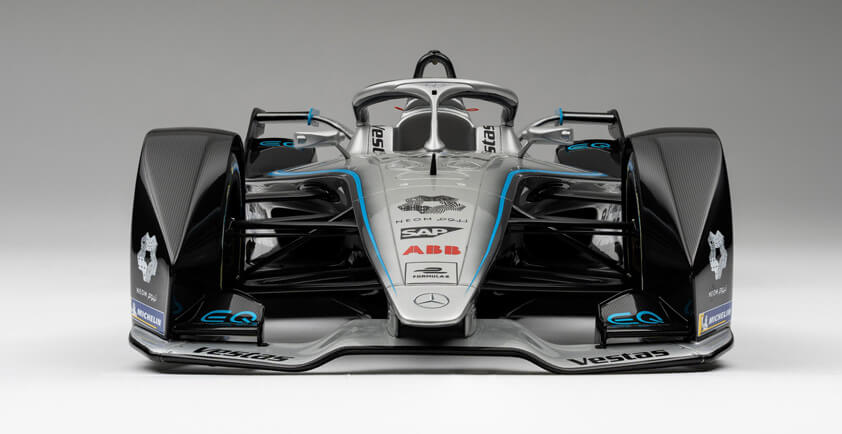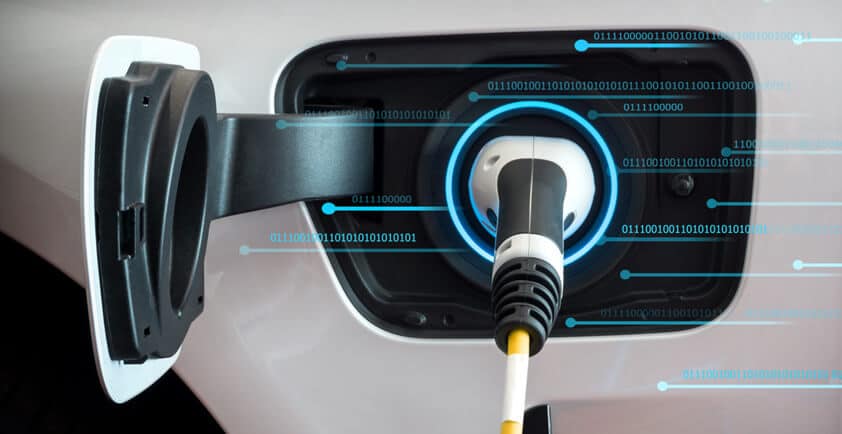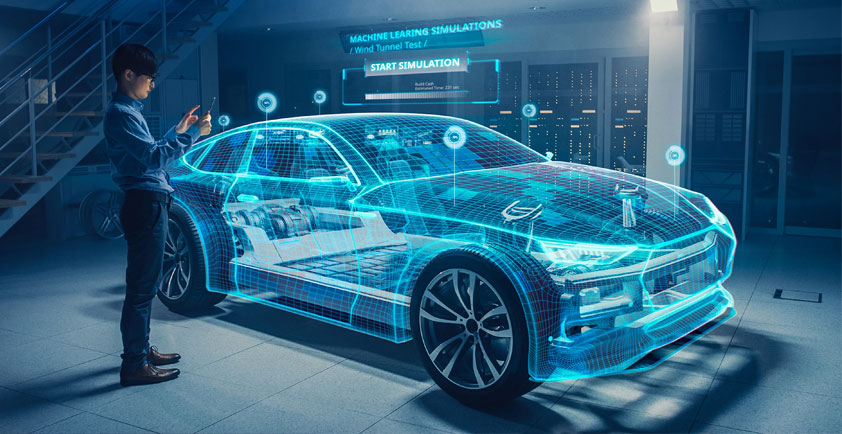

DATA MANAGEMENT: HOW SCHAEFFLER AND SAP INNOVATE TOGETHER
About a year ago, automotive and industry supplier Schaeffler teamed up with SAP to identify intersecting technology road maps and further drive Schaeffler’s digital transformation together.
One of the key aspects of this project is data governance. In an interview, Markus Rahm, vice president of Schaeffler Group’s Data and Analytics Governance division, talks about how he and his team are benefiting from their work with SAP.
Q: When it comes to data management, Schaeffler is a pro. Just recently, the European Foundation for Quality Management and the Competence Center Corporate Data Quality recognized you with the CDQ Good Practice Award for the second time. Why is data governance so important at Schaeffer?
A: It’s simple, really: Connected data is the foundation of intelligent end-to-end processes, smart manufacturing, advanced analytics, digital business models, and smart products. In short, it fuels digital transformation. That’s why having a company-wide data governance strategy is crucial. Given the fact that we have a complex corporate structure comprising our Automotive OEM, Automotive After-Market, and Industry divisions, having a structured approach to data management is essential. After all, it is the basis for fast and efficient processes, as well as for business intelligence and advanced analytics applications, such as predictive maintenance.
How far on your journey are you?
To keep pace with developments in technology, we review our data strategy every two years. In 2018, we set out the to-be situation we wanted to achieve by 2025. Right now, we are looking at where we are and have been pleased to discover that we’ve made a good deal of progress. We have even reached many of our milestones early. For instance, we’ve defined 47 data domains and have made specially trained data domain managers responsible for them.
We’ve still got some work left to do, though. The way we share data across the company, for example, could definitely be more efficient. Europe’s GAIA-X initiative, in which manufacturers share data with each other, sets the course. Schaeffler could also make greater use of automated decision-making. That is something we’ll look at later as part of our plans to implement SAP S/4HANA.
It sounds like you are in a very good position already – so what else does working with SAP offer you?
A lot, actually. As far as information technology is concerned, SAP is of course the stronger partner and helps us think differently. We all know that we can get so wrapped up in our day-to-day tasks that it takes someone with the outside-in view to help us see things objectively and from a fresh angle. SAP gave us new ideas on how to ensure our people have the data they need. And that is how the CDO dashboard was born.
But we also have a lot to offer SAP, especially when it comes to machine data and manufacturing processes. SAP’s experts regularly tell us that this is the case. We work together as equals, making our partnership far more than a superior customer-supplier relationship. Because we serve very different markets and have very different products, business models, and processes, there is enough distance between us to spark new ideas on data governance.
What makes the alliance between Schaeffler and SAP a success?
Open communication and the dedication of SAP and Schaeffler employees. And, of course, continually sharing information and knowledge. We meet at least once a month to talk about tactical and operational matters. They range from ensuring data quality to defining a standard data model that allows efficient analyses and reports even across fragmented SAP infrastructures. All the workshops we’ve held so far have led to real discoveries – both for our employees and SAP experts. Not least because both companies are at similar stages in their life cycles. We so often find ourselves having the very same discussions about the future.
Why is the partnership key in developing data and data management strategies?
Because you cannot imagine or shape the future alone. And because intelligent processes must cross company boundaries. Most of the efficiency gains within companies have already been made, so the automotive sector is now looking more closely at how it can optimize and automate its interactions with customers and business partners through digital ecosystems. The better SAP understands our needs, the closer it can tailor its solution portfolio to our industry. I believe this is what makes the strategic alliance between Schaeffler and SAP central to driving tomorrow’s innovation.
Author - Kirsten Schmidt













